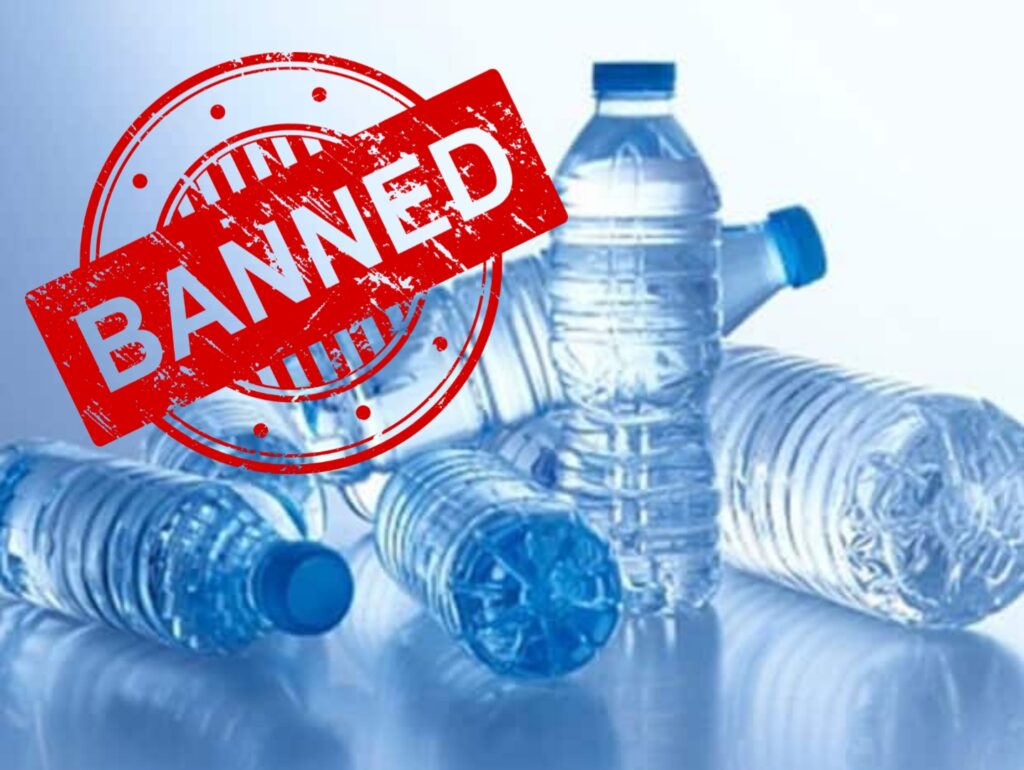The Assam government has announced that it will ban the production and sale of packaged drinking water bottles of less than 1 litre from October 2, 2023. This is a welcome move, as it will help to reduce the amount of plastic waste in the state.

Join our WhatsApp Channel

Join our Telegram Channel

Subscribe our YouTube Channel
Plastic bottles are a major source of pollution. They can take hundreds of years to decompose, and they often end up in landfills or in the environment, where they can harm wildlife. Banning small plastic bottles will help to reduce the amount of plastic waste that is generated in Assam.
In addition to environmental benefits, banning small plastic bottles can also have economic benefits. The production of small plastic bottles is a relatively inefficient process, and it can be expensive to recycle them. Banning these bottles will help to reduce the cost of waste management in Assam.
This is not the first time that Assam has taken steps to reduce plastic pollution. In 2019, the state government banned the use of single-use plastic bags. This ban has been largely successful, and it has helped to reduce the amount of plastic waste in the state.
The ban on small plastic bottles is another step in the right direction. It is a small step, but it will make a big difference in the long run. By reducing the amount of plastic waste that is generated in Assam, we can help to protect the environment and improve the quality of life for all.
Here are some of the benefits of banning small plastic bottles:
- Reduces plastic pollution
- Saves money on waste management
- Encourages people to drink tap water
- Promotes the use of reusable water bottles
Here are some of the challenges of banning small plastic bottles:
- Some people may not be able to afford larger bottles of water
- Some people may not like the taste of tap water
- There may be a black market for small plastic bottles
Overall, the benefits of banning small plastic bottles outweigh the challenges. This is a positive step for Assam, and it is a model that other states can follow.









